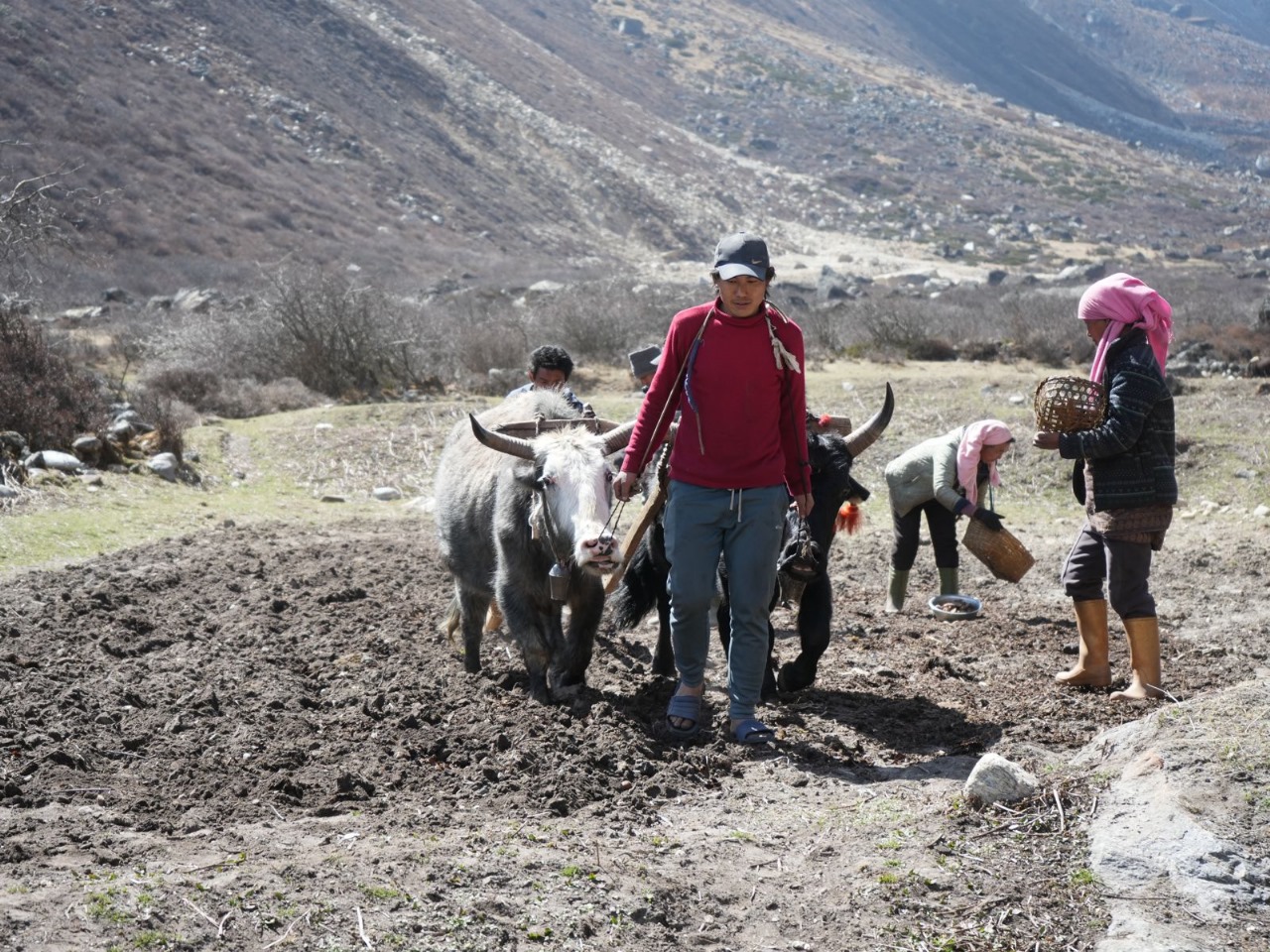Whether you’re buying raw materials in bulk, selling services to a client, or negotiating shop rent, your ability to negotiate and persuade can directly impact your profit margins and long-term success. For Nepalese MSMEs—often operating on thin margins and informal networks—strong negotiation skills aren’t optional; they’re essential.
Negotiation is not about winning or losing. It’s about finding an agreement that works for both sides—and keeps the business relationship healthy.
This guide helps you sharpen negotiation and persuasion skills with practical techniques and culturally relevant examples from Nepal’s MSME landscape.
1. Understand What You Really Want
Before entering any deal, be clear on your:
- Bottom line (the least you can accept)
- Ideal outcome (your target)
- Non-negotiables (what you won’t compromise on)
Example: A fabric seller in Birgunj decided never to go below 10% profit margin on bulk sales—even if it meant losing a deal. It helped protect his long-term sustainability.
2. Do Your Homework
Research the other party, the market rate, and your alternatives before you start negotiating.
- What is the fair price in your region?
- What alternatives does the other party have?
- Do you have any unique advantage or value?
“Tayar nahudaichha bhaney kura garna garo huncha.” (If you’re not prepared, it’s hard to speak up.) Preparation gives confidence.
3. Start by Listening
Let the other party speak first. Understand their needs, constraints, and expectations before presenting your own.
- Ask open-ended questions: “What’s important to you in this deal?”
- Note the language and values they use
- Build empathy—especially important in Nepal’s relationship-driven business culture
Example: A small agri-cooperative in Dang secured a better price from buyers after learning that their unique packaging helped buyers get more retail margin.
4. Frame Your Offer as a Win-Win
Don’t just say what you want—show how your offer benefits the other side too.
- “If you can pay within 3 days, I can offer a 5% discount.”
- “If you let me rent the space at this rate, I’ll commit for 2 years.”
- “My service is a bit higher in cost, but I offer free after-sales support.”
People say yes when they feel they are not losing. Show them what they gain.
5. Know When to Stay Silent
Sometimes silence is your strongest tool. After making your offer or asking a key question—pause.
- Let the other side think
- Don’t rush to fill the silence with unnecessary concessions
“Kura garyo, abha chupp lagne palo.” (You’ve spoken, now it’s time to stay quiet.) Silence often brings real responses.
6. Offer Options, Not Ultimatums
Present 2–3 choices instead of a single take-it-or-leave-it offer. This gives the other side a sense of control and increases chances of agreement.
- “We can do Rs. 950 for cash, or Rs. 1,000 with 15 days credit.”
- “You can take the full package or just the installation for now.”
In a Thamel handicraft shop, offering price tiers based on design complexity helped close more deals with tourists and local buyers alike.
7. Use Simple, Clear Language
Use everyday Nepali or local language when negotiating. Avoid jargon or overly technical terms.
“Aba yo kura yo sanga milcha ki milcha jasto chha?” can be more effective than formal phrases in many MSME settings.
8. Recognize Cultural Cues
In Nepal, non-verbal cues often matter as much as words. Watch for:
- Body language (smiling, hesitation, nodding)
- Politeness wrapped around rejection (e.g., “Kehi bichar garum hai” often means no)
- Reluctance to directly disagree—use tactful probing
Reading “yes” and “no” between the lines is a necessary negotiation skill in local business contexts.
9. Be Willing to Walk Away
Sometimes, the best decision is to say “no.” If the deal is unfair, unsustainable, or creates risk—walk away respectfully.
Example: A garment workshop in Itahari refused a big order that demanded unrealistic delivery timelines. That decision saved their reputation and cash flow.
10. Build Long-Term Relationships
Don’t treat negotiation as a one-time transaction. In Nepal’s close-knit business communities, how you deal today affects future opportunities.
- Be respectful even when rejecting or bargaining
- Follow through on promises and agreements
- Send a thank-you message or small follow-up gesture
Negotiation opens the door. Trust keeps it open.
Common Mistakes to Avoid
- Talking too much without listening
- Accepting the first offer too quickly
- Over-promising to win a deal, then under-delivering
- Being too rigid or too desperate
Final Checklist: Are You Negotiating Smart?
✅ Did you prepare your numbers, facts, and options?
✅ Did you listen to what the other party values?
✅ Did you offer a benefit, not just a request?
✅ Did you avoid emotional or rushed decisions?
✅ Did you protect the relationship?
Final Note
For MSMEs in Nepal, negotiation and persuasion are everyday survival tools. You may not have massive capital—but you do have your words, your trust, and your ability to turn conversations into opportunities. With practice, you can make every deal a little smarter, a little stronger, and a lot more sustainable.
















